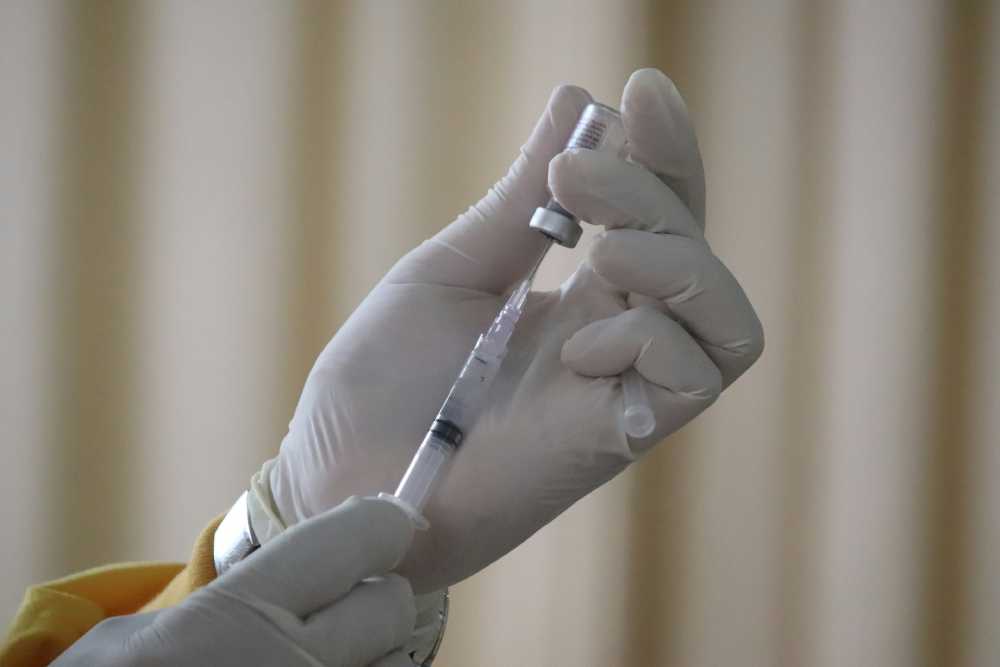A Look at Genetic Therapies’ Future: Using LNP-Formulated mRNA to Revolutionize Medicine
The burgeoning field of genetic therapies is heralded into a new era by advancements in lipid nanoparticle formulation. This sophisticated method of drug delivery is revolutionizing the way we think about treatment protocols, particularly within the context of manipulating and utilizing the human body’s natural processes for therapeutic benefit.
Lipid nanoparticles are being leveraged to encapsulate and protect messenger RNA (mRNA), the molecular messengers instructing cells to produce proteins integral to health and recovery from disease.
Understanding Lipid Nanoparticles
Lipid Nanoparticles (LNPs) are minuscule, biocompatible carriers composed primarily of lipids and have emerged as a cornerstone technology for delivering nucleic acids such as mRNA into cells. They play a crucial role by merging with cell membranes, which are also lipid-based, and facilitate the transfer of their payload intracellularly.
By encasing vulnerable therapeutic molecules like mRNA within these stable lipid shells, LNPs provide pivotal protection against rapid degradation in the bloodstream, thereby enhancing the therapeutic’s residence time and effectiveness.
mRNA Technology and Its Medical Applications
The allure of mRNA within medical science is its foundational role in protein synthesis. Cells read mRNA sequences to produce the necessary proteins for many bodily functions.
Harnessing this mechanism, scientists have been able to design mRNA sequences that can provoke cells to generate specific therapeutic proteins, such as missing enzymes in rare genetic diseases or antigens, to elicit an immune response against infectious diseases.
The breadth of mRNA’s application is expansive, with potential treatments ranging from personalized cancer vaccines to regenerative medicines.
Advancements in LNP-Formulated mRNA
Research into LNP-formulated mRNA has surged, particularly as its application has proven pivotal in rapid vaccine development to combat global pandemics. These scientific strides are not solely confined to immunization efforts, as they extend into gene editing, cancer immunotherapy, and protein replacement therapies.
One can witness the vigor of this domain by engaging with sources like Breakthroughs in LNP-mRNA Therapeutic Development, which notably document essential progress in this field.
Overcoming Challenges in mRNA Delivery
One of the most formidable obstacles to utilizing mRNA therapeutically is ensuring its stable delivery to target cells without premature degradation. The instability of naked mRNA in the body necessitates a delivery system that can navigate biological barriers and release the mRNA within the appropriate cellular locale.
LNPs are meticulously engineered to meet these requirements, optimizing their lipid compositions to suit specific therapeutic objectives and patient populations, thus overcoming the biological barriers to mRNA drug delivery.
Safety and Efficacy
An essential aspect of introducing new medical technologies involves establishing a robust safety and efficacy profile. LNP-formulated mRNA therapies have undergone rigorous assessment in this regard.
Clinical trials have demonstrated the ability of LNPs to serve as competent mRNA carriers with a tolerable safety profile, while parallel studies continue to elucidate their long-term efficacy.
The systematic examination of these therapies has instilled confidence among researchers and clinicians, promoting their inclusion in mainstream treatment options.
Case Studies of Success
The true impact of a technological innovation is often best showcased through real-world outcomes. A series of poignant case studies highlight the success of LNP-formulated mRNA therapies, where life-altering results have been achieved for patients enduring untreatable conditions.
Each case provides tangible evidence of these therapies’ transformative potential, driving the momentum for widespread clinical adoption and the development of new treatments.
The Global Implications
As the horizon of LNPs in genetic therapy expands, so does the potential for a broader, more profound global health impact.
The capacity of LNP-mRNA technologies to streamline the production of vaccines and therapeutic agents heralds a monumental shift, particularly in areas of the world where conventional healthcare delivery systems face challenges.
By enriching the arsenal of treatments available for longstanding and emerging health issues, LNPs can level the field in global health.
The Ethical Dimension
The accelerated pace at which genetic therapies are advancing presents new ethical problems. Issues concerning genetic privacy, consent, equity of access, and the potential for unintended consequences demand thoughtful dialogue among scientists, ethicists, policymakers, and the public.
As we step into an age where genetic intervention becomes commonplace, there is an imperative for ethical frameworks that guide us on this journey and ensure the benefits of these technologies are realized equitably and responsibly.
Looking Ahead
The trajectory for using LNP-formulated mRNA is poised to reshape the medical field in the coming years. Innovations continue to emerge at a promising clip, fueled by relentless research and adaptive technological advancements.
An abundant future full of medical discoveries and improved treatments that might prolong and enhance people’s quality of life all across the world is suggested by The Future Use of LNP-mRNA in Medicine, a book that provides insights into these continuous improvements.

